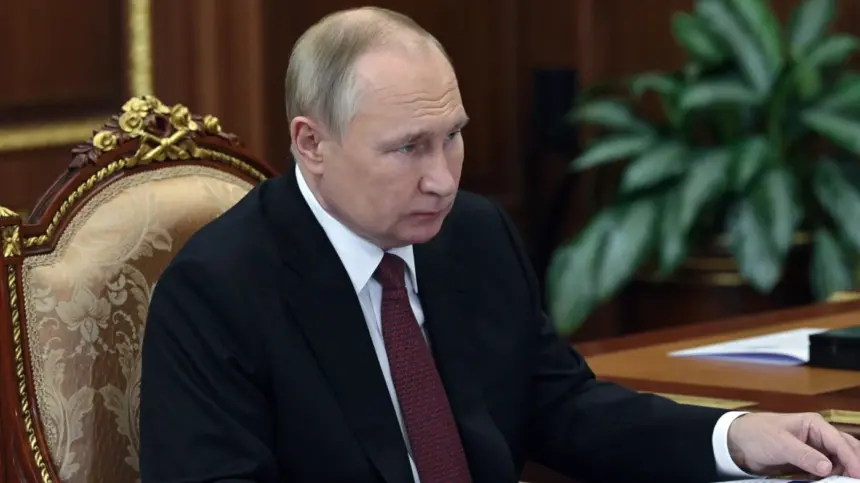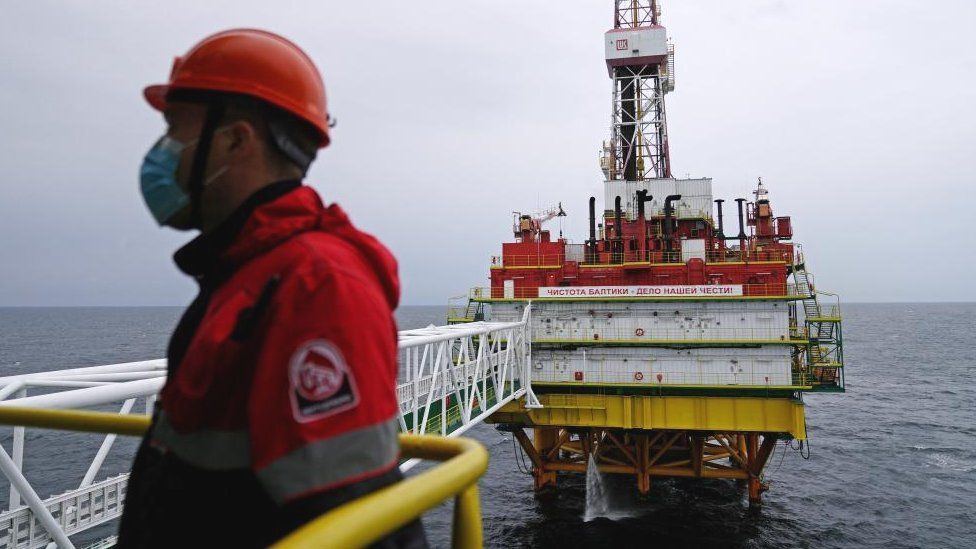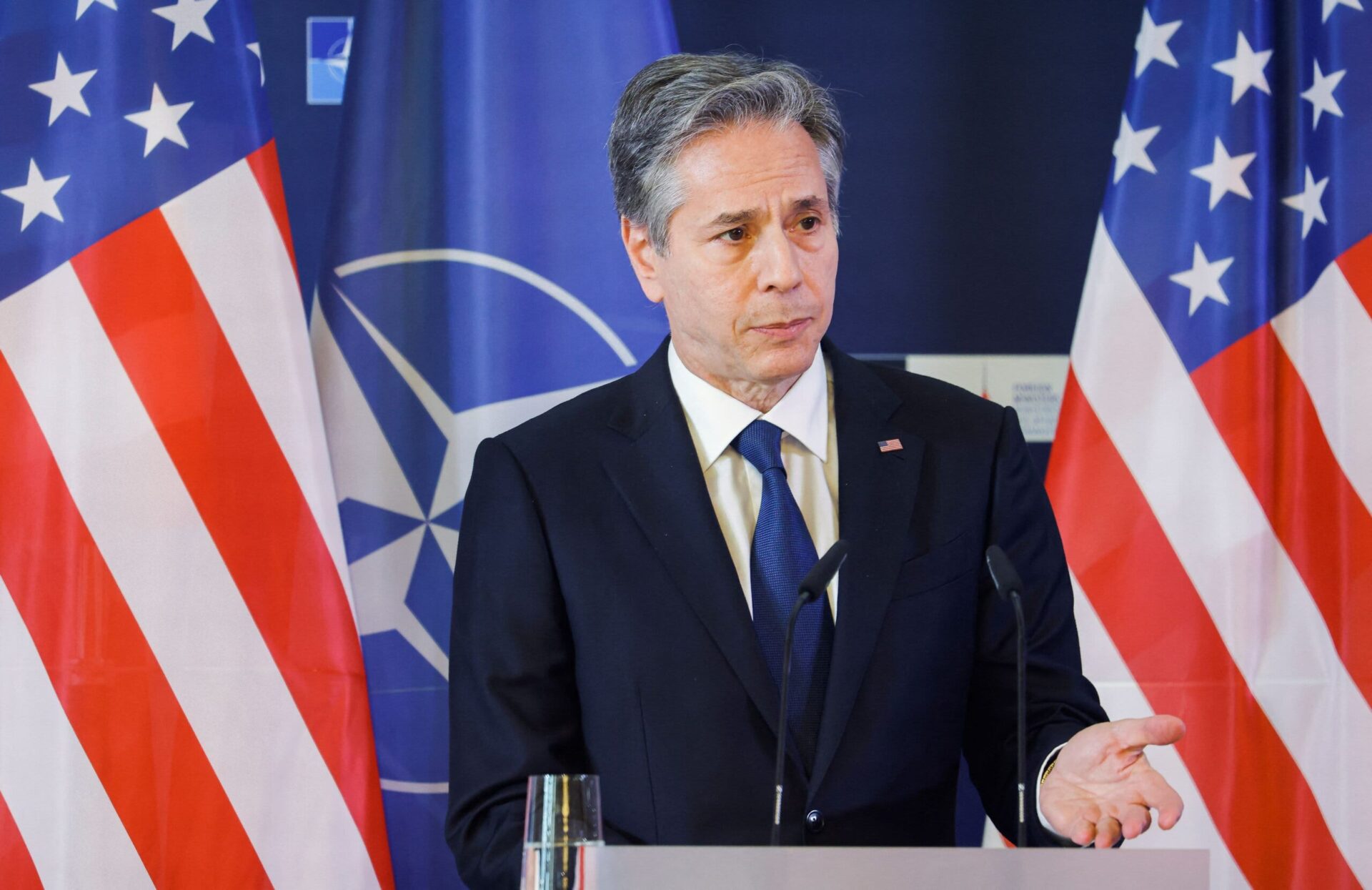Russia has stopped selling oil to firms and nations that adhere to a price restriction that was earlier this month agreed upon by Western countries.
The G7 countries, Australia, and the EU agreed to the price cap, which went into effect on December 5th.
A country cannot pay more than $60 (€56; £50) for a barrel of Russian oil due to the restriction.
We're now on WhatsApp. Click here to join.
Russia has officially said that it would not sell its oil or any items derived from oil to anyone who sets a price cap.
According to the presidential order, the prohibition would be in place for five months, starting on February 1 and ending on July 1.
Additionally, according to the law, Russian President Vladimir Putin could provide “special permission” to supply nations that are subject to the embargo.
In order to prevent Moscow from using oil money to support the conflict in Ukraine, the G7 group of major countries originally proposed the notion of a price ceiling in September.
Despite a decline in Western demand for Russian oil during the invasion, Russian revenue remained strong as a result of a price increase and demand from other markets, such as China and India.
Along with commitments of a similar nature from the UK, the US, and other nations, there is already an EU-wide ban on the import of Russian crude oil by sea.
The price cap intends to further cut down on Russian oil earnings.
It prohibits the shipment of any Russian crude sold for more than $60 using ships from the G7 and EU, insurance companies, or financial institutions.
However, earlier this month, Volodymyr Zelensky, the president of Ukraine, described the price restriction as a “weak” concept that was insufficiently “serious” to harm the Russian economy.
In light of this, Russian Finance Minister Anton Siluanov stated on Tuesday that the oil price cap could cause Russia’s budget deficit to exceed the anticipated 2% of GDP in 2023.
Meanwhile, oil prices are currently hovering around $80 a barrel, a significant decline from the highs of over $120 reached in March and June.
Conclusion
Stay tuned for more interesting news updates.
Follow Townflex On TikTok
READ MORE: Nicki Minaj Reportedly Spends $19 Million On Fancy New Mansion





